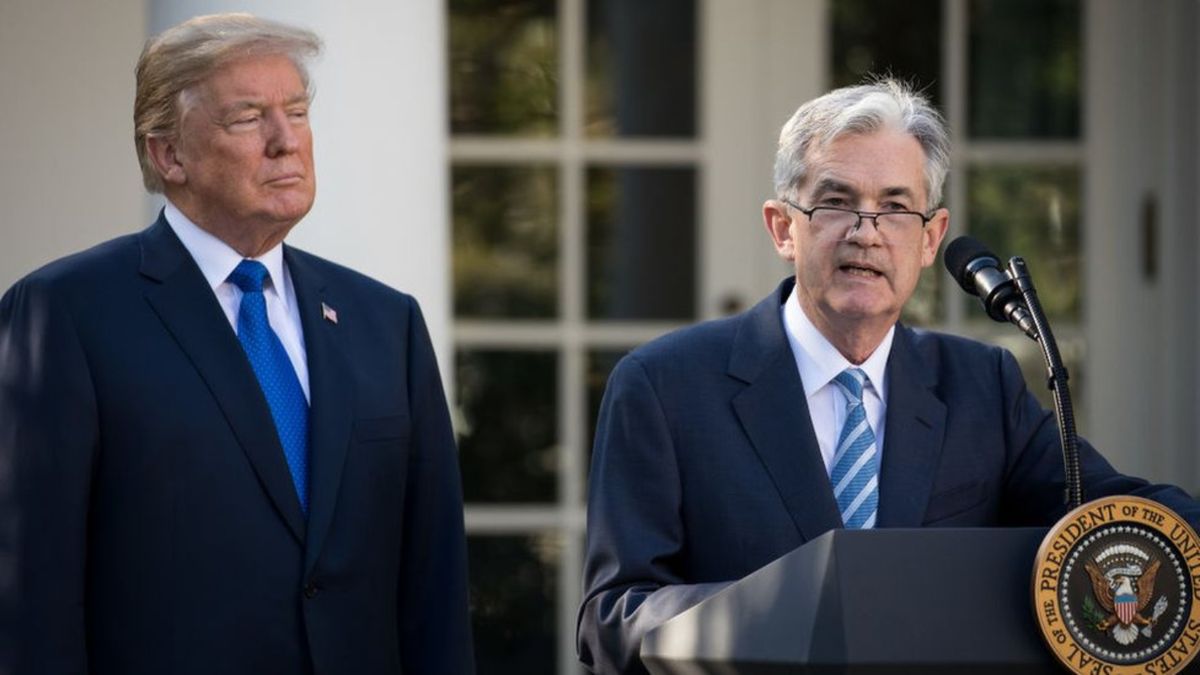There is a consensus that Germany will opt out of coal power in order to protect the climate. But the timing harbors potential for conflict.
In view of the increased energy prices, employer President Rainer Dulger has brought up longer running times for coal-fired power plants.
The future federal government must quickly present an energy concept that ensures security of supply and competitive prices, Dulger told the newspapers of the Funke media group (Saturday). “Otherwise it will hardly be able to avoid extending the deadlines when phasing out coal.” He referred to the planned phase-out of coal power by 2038 at the latest. “We stand by that. But if it turns out that we have set the exit targets too ambitiously and can only deliver alternative energies safely later, then we should discuss other alternatives openly and honestly. “
Dulger criticized that Germany, as the strongest industrial nation in Europe, had decided on an energy turnaround that had not been consistently thought through. It was first left with nuclear power and now with coal. “If we had done it the other way around, we might have one less problem next winter.” The companies and their employees are dependent on affordable energy. “What is happening at the moment is worrying.”
The background to the discussion is a significant increase in energy prices. At the same time, it is unclear how Germany can meet its climate goals. The SPD, Greens and FDP had agreed in their coalition soundings to get out of coal-fired power generation more quickly. “Ideally, this will be successful by 2030,” says a joint paper of the parties that want to form the next federal government. When coal is burned, a particularly large amount of climate-damaging carbon dioxide is emitted.
The plans of the three parties are met with skepticism in the affected regions. The designated NRW Prime Minister Hendrik Wüst demanded on Saturday that an answer must be given as to where the electricity will come from, how energy will remain affordable and what should be done with the coal regions and employees. “We will be advocates for these people and regions,” said the CDU politician.
Brandenburg’s Minister of Economic Affairs, Jörg Steinbach, was cautious. “First of all, these are soundings. Now the further talks are about specific points, ”said the SPD politician to the German press agency. Prime Minister Dietmar Woidke (SPD) warned in September that an early coal phase-out could endanger energy security.
In addition to Brandenburg and North Rhine-Westphalia, Saxony and Saxony-Anhalt are also affected by the coal phase-out. The federal government wants to help the districts with billions.
Jane Stock is a technology author, who has written for 24 Hours World. She writes about the latest in technology news and trends, and is always on the lookout for new and innovative ways to improve his audience’s experience.




